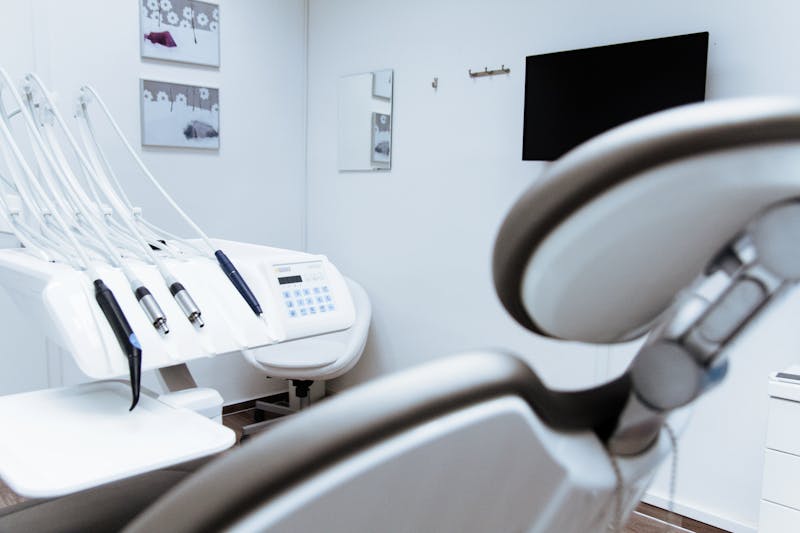What Are the Best Business Entity Options for Dentists in California?

When choosing a business structure, dentists in California have several options, including forming a partnership, operating as a sole proprietorship, or creating a professional dental corporation. Selecting the appropriate entity involves careful consideration of factors such as taxation, liability protection, and professional regulations.
What Are the Types of Business Entities for Dentists?
Partnership
Under California law, a partnership is formed when two or more persons co-own a business for profit, even if they do not intend to form a formal partnership. For dentists, this means working together and sharing expenses or profits can automatically create a partnership.
However, a general partnership does not provide liability protection, and each partner may be personally liable for all business debts or malpractice claims, including those caused by other dentists in the partnership.
Creating a dental partnership agreement is essential for outlining roles, responsibilities, and financial distributions among partners. Dentists should also be aware that they are not permitted to operate LLCs or LLPs in California.
Sole Proprietorship
A sole proprietorship is the simplest form of business ownership, where the dentist operates the practice without creating a separate legal entity. While no formal paperwork is required, sole proprietorships do not offer liability protection, meaning that the dentist’s personal assets could be at risk in the event of business debts or legal judgments.
Professional Dental Corporation
A professional dental corporation is a separate legal entity specifically for licensed professionals like dentists. This business structure provides liability protection and other advantages, such as flexibility for retirement plans and fringe benefits. Dentists can choose to form either an S-corp or a C-corp, depending on their tax preferences and financial goals.
To incorporate a dental practice, dentists must follow guidelines outlined by the California Business and Professions Code and the Moscone-Knox Professional Corporations Act of 1968. Steps to create a professional dental corporation include:
- Submitting Articles of Incorporation to the California Secretary of State.
- Choosing a code-compliant name for the practice, which includes the name of a current shareholder and the designation of “dental corporation.”
- Conducting an initial corporate meeting to issue shares and elect officers.
- Drafting corporate bylaws to govern the corporation’s operation.
- Obtaining an Employer Identification Number (EIN) from the IRS.
- Opening a business bank account for the corporation.
In a professional dental corporation, shareholders can include other professionals in the dental or medical field, but they cannot own more than 49% of the total stock, nor can they outnumber the licensed dentist shareholders.
Why Is It Important to Choose the Right Entity?
Choosing the appropriate business entity helps dentists protect their personal assets and ensure compliance with California law. For example, forming a professional dental corporation provides stronger protection from liability compared to a general partnership or sole proprietorship, making it a more secure option for many dentists.
At TONG LAW, our experienced business law attorneys can assist with all aspects of establishing a dental practice, from drafting partnership agreements to incorporating a professional dental corporation.



